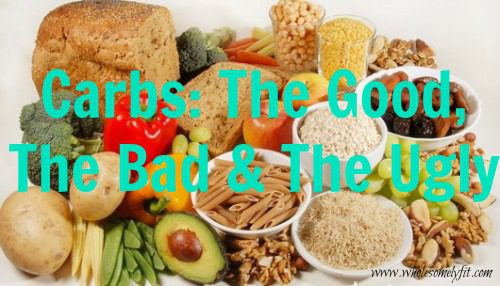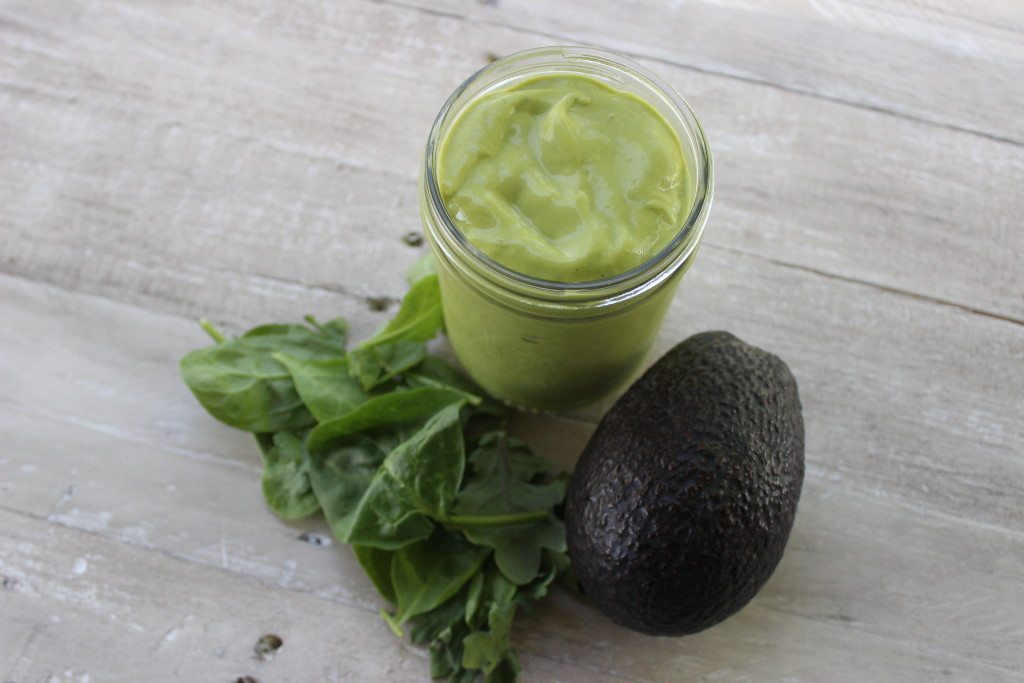Hi Folks!!
I am starting a mini series on the macro-nutrients of our bodies, carbohydrates, fat and protein. These are required in large amounts in our diet in order to live more healthy, thus the reason they are called macro-nutrients. Every day we needed to eat all of the different types of macro-nutrients.
I am beginning my mini series with carbohydrates, because these seem to be the ones that most individuals are confused about. Over the course of the last 20-30 years, we have heard so many differing opinions when it comes to carbohydrates and whether or not they are good or bad. I wish I could give you a simplistic answer, but there’s not one. Instead, I am going to try to explain the difference between good and bad carbs, why you don’t need to be on a high carb diet to compete in endurance events or activities, and how carbs are utilized in the body.
So in this post we’ll start with the difference between good carbs, or complex carbs and bad carbs, simple carbohydrates. They are not utilized the same in the body and simple carbs will accelerate aging. I can say that the low carb fad diets, like the most popular Atkins diet, meant well as they were eliminating the bad carbohydrates or simple carbs, but they also took out all of the complex carbohydrates.
Some individuals need carbohydrates; however, with that being said some individuals thrive on low carbohydrate diets. There’s a lot to be said, so let’s just stick with the difference between complex carbs and simple carbs.
First, carbohydrates are the main fuel supply in our body, main energy source. However, studies have shown that our body is capable of using other sources, such as fat to fuel the body, more on that in the next weeks. The goal is to consume natural sugars found in foods and avoid the processed sugars most commonly found in simple carbohydrates. Natural and processed sugars are used differently in the body.
Simple Carbohydrates (sugars):
- Sugar / Soda / Candy
- Sugary Cereals
- Beet
- Pastries / Desserts / Muffins / Cakes / Cookies
- Potatoes*
- White Rice
- Refined grains: white breads
- Processed sugars / corn syrup
- Fruit Juice
- Some crackers
- White Pasta (or any pastas made with white flour)
*Techinically potatoes are complex carbs, but they act like simple carbohydrates in the body, thus sweet potatoes are always a better option
Complex Carbohydrates (starch & fiber):
- Fruits: berries, apples, pears, peaches, melons, oranges, grapefruit, plums, etc.
- Vegetables: collard greens, spinach & other greens / lettuce, bell peppers, zucchini, cucumber, onion, cabbage, turnips, beets, carrots, broccoli, cauliflower, peas, etc.
- Sweet Potatoes / Yams
- Brown Rice / Wild Rice / Whole Wheat/Grain Pastas
- Lentils / Beans
- Whole Grain Breads / Multi-Grain Breads
- Oats / Barley / Museli
- Yogurt / Milk / Soy Milk
- Soybean
- Quinoa

There’s a little more to these lists, but this will give you the general idea. Also, it’s important to note, that the complex carbohydrates can be broken down even more based on their glycemic index rating. For example, some fruits are higher on the glycemic index than others. Grapes higher than berries. All the simple carbohydrate are the highest on the glycemic index.
You may begin to notice a similarity in the complex carbs, such as most of them contain fiber and natural sugars, after all carbohydrates are basically sugar. This is the main difference, and what makes carbohydrates healthy, or the complex carbs healthy. The fiber in the fruits and vegetables, helps to negate the sugars found in these foods. In addition, complex carbohydrates have vitamins and minerals, lacking in the simple carbohydrates. The simple carbs lack fiber as well.
The refined sugars are commonly called empty calories, because they provide no nutritional value to our bodies, and as we know, simple carbs are most often comprised of refined sugars. Whole grain is better than whole wheat, because whole grain has not been refined, and still contains it’s outer bran layers and inner germ and nutrients.
The fiber found in the complex carbohydrates are important to our digestion. Dietary fiber helps us to avoid constipation and aids our digestive system. Fiber is helpful for weight maintenance and is found in the highest amounts in the beans and legumes.
When you eat too much simple sugar / carbs, your body stores the extra as fat, thus weight gain is common. In addition, too much sugar in the body can be dangerous to our health. Excess sugar in the bloodstream interacts with lipids (fatty substances) and proteins in your body leading to the formation of highly toxic AGE’s (Advanced Glycation End products). Excess glucose in the bloodstream, accelerates AGE’s formation.
Why are AGE’s bad? They cause inflammation and oxidative stress in the body and are associated with many diseases such as heart disease, renal disease, cancer, stroke, autism, asthma, arthritis, alzheimers disease, diabetes and progression of atherosclerosis. Simple carbs will also put one at risk for diabetes and high blood sugar. They can cause a decline in mental clarity as well. You can read more about how sugar affects your health here and why you should ditch it.
So in short, when choosing carbohydrates, choose complex carbohydrates and avoid simple carbs and refined sugars or eat sparingly the simple carbs.
The Truth About Carbohydrates: The Good & Bad #healthchat #nutritiontalk #nutrition #carbs Share on X*Disclaimer: This post is not intended to diagnose or cure any disease or disorder. This post is for informative purposes only. The information provided is from my many years of studying Nutrition and from the education I gained with my Masters in Nutrition.
Until Next Time Be Whole and Be Fit


Great Information Bry!
Thank you Lisa